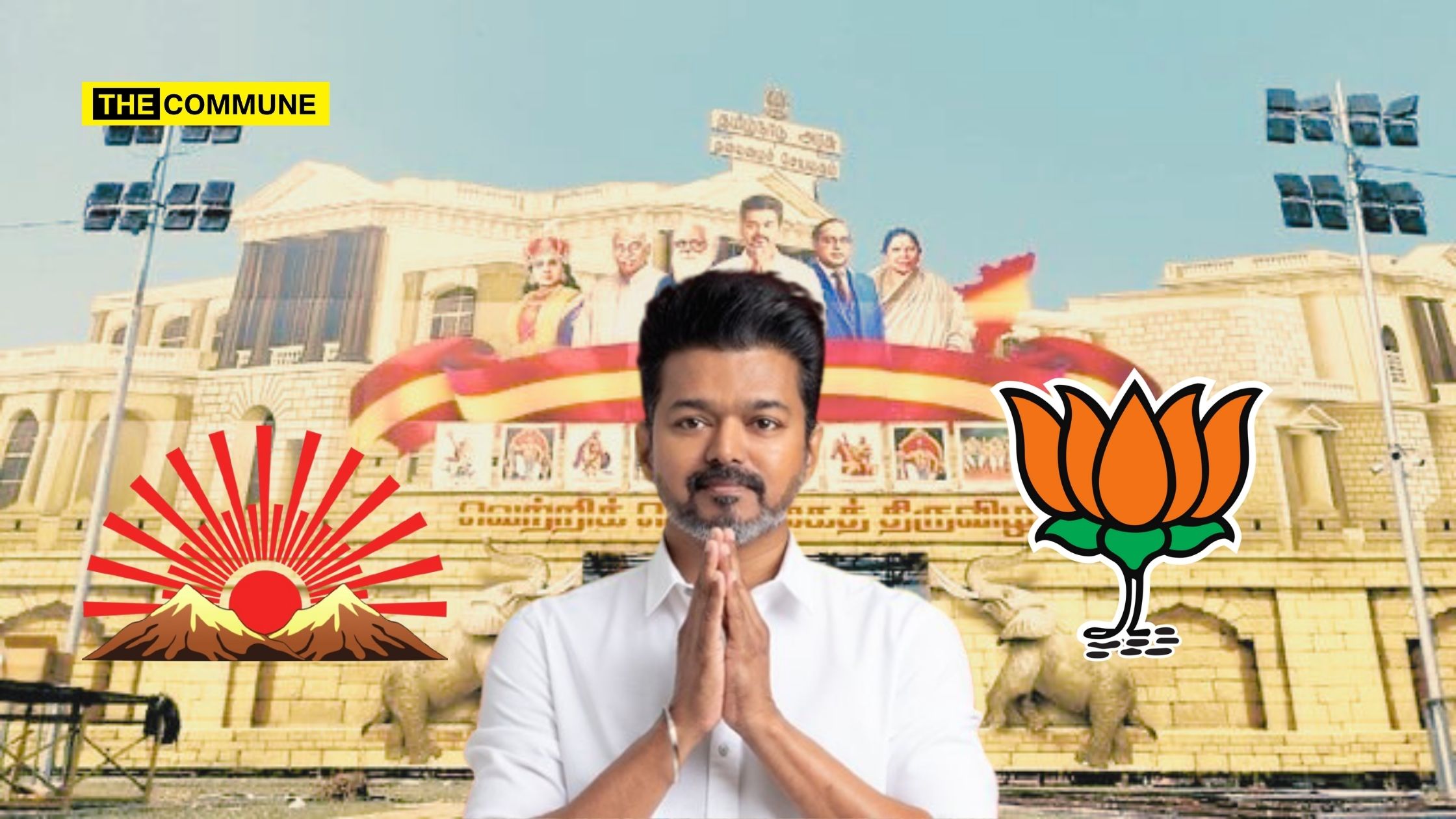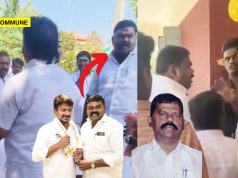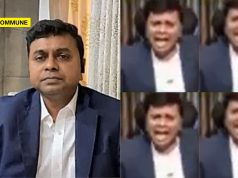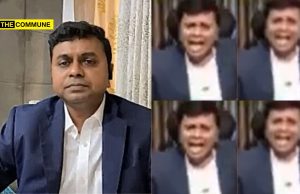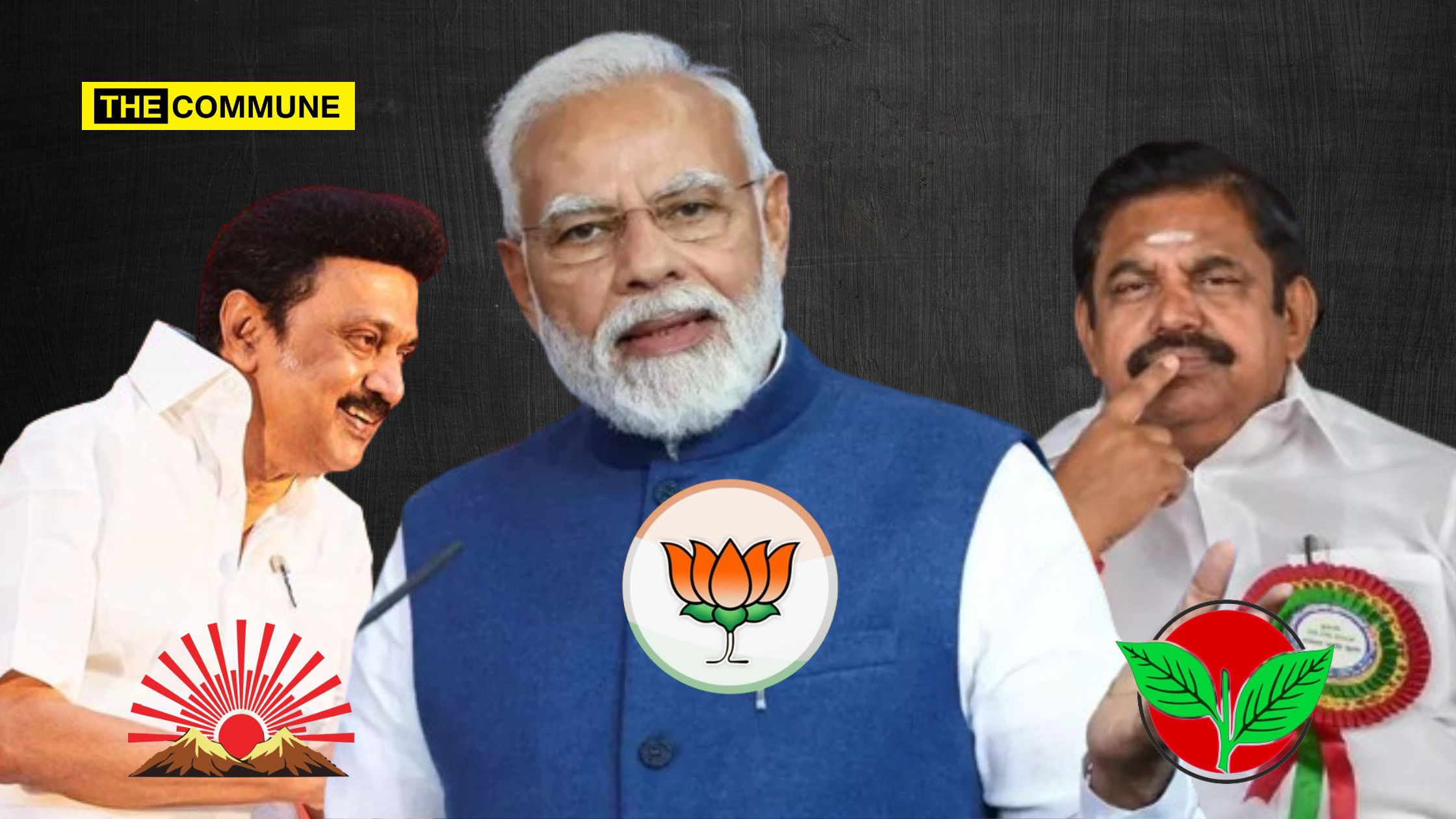
In Tamil Nadu’s shifting political landscape, the DMK has successfully and craftily portrayed the AIADMK as a BJP ally. It has capitalized on the latter’s diminishing power and portrayed its past alliances as anti-minority. Thus, the DMK has strengthened its own position amidst evolving state and central government dynamics.
“ADMK is a slave of BJP, B-Team of BJP, ADMK is run by Modi-Shah” – this is how DMK chastised the ADMK for having good relations with the BJP government in the Centre.
Fast-forward to present times. The AIADMK, once a dominant political force in Tamil Nadu that held its power for a decade, now finds itself seeing its grip on power wane, allowing the DMK to capitalize on this shift.
The exchanges between Dravida Munnetra Kazhagam (DMK) and the All India Anna Dravida Munnetra Kazhagam (AIADMK) about who is closer to the BJP and engaged in covert alliances are an interesting political ploy.
Political History Of Tamil Nadu
Let’s examine the state’s political history since the 1950s. Tamil Nadu’s political parties have cleverly leveraged their relationships with the central government to shape their political ambitions and influence state development. The DMK exemplifies this strategic navigation.
Until the 1960s, the Congress party dominated the state. However, by 1962, the DMK had emerged as a significant challenger, establishing itself as a serious alternative to the Congress by winning 50 constituencies. But, despite its victory and vocal opposition to Congress leader Kamaraj, the DMK’s stance was more nuanced than outright antagonism. Under M. Karunanidhi, the DMK aggressively promoted Tamil identity narrative and opposed perceived linguistic suppression. Although critical of the central government, the DMK skillfully managed its alliances, balancing criticism with cooperation.
The DMK’s strategic prowess was evident in 1969 when, following the split in Congress and the formation of Congress (New), Indira Gandhi found the friendly DMK to counter the Congress (Organisation) led by K. Kamaraj. This alliance proved successful, with the DMK-Congress partnership winning the 1971 elections and securing crucial infrastructure projects and financial aid for Tamil Nadu, reinforcing the DMK’s political strength.
However, this alliance was short-lived. As Indira Gandhi shifted support to the newly formed AIADMK, the DMK seized the opportunity to defeat the AIADMK in the 1980 Lok Sabha elections, particularly after MGR’s refusal to support Gandhi in a by-election.
AIADMK & MGR
The political landscape shifted again in 1984 when the AIADMK, with M.G. Ramachandran (MGR) at its helm, allied with Congress, aided by Indira Gandhi’s support for MGR’s medical treatment in the U.S. This alliance lasted until MGR died in 1987 and was renewed under Jayalalithaa from 1991 to 1996. The AIADMK briefly allied with the BJP in 1998, but this coalition dissolved, leading the AIADMK to re-align with Congress in 2001. The DMK, meanwhile, joined the BJP-led NDA until withdrawing in 2004, marking the start of the UPA era.
The DMK’s persistence with central government ties eventually paid off during the UPA government, as the party capitalized on its central role. Key DMK leaders, including A. Raja (Minister of Environment and Forests and later Minister of Communications and Information Technology), Dayanidhi Maran (Minister of Communications and Information Technology and later Minister of Textiles), T.R. Baalu (Minister of Road Transport and Highways), and MK Alagiri (Minister of Chemicals and Fertilizers), held significant cabinet positions. These roles allowed the DMK to secure notable benefits for the DMK and its members.
Since 2014, the DMK has navigated a complex relationship with the BJP-led central government. While publicly opposing the BJP on various issues, the DMK has strategically maintained ties to avoid complete alienation, thereby securing development funds and political leverage.
On the other hand, the AIADMK, under MGR, received substantial support from the central government through its alliance with Congress, which persisted until 1987 and was renewed under Jayalalithaa. However, the AIADMK’s alliance strategy was mixed. While Jayalalithaa often expressed frustration with the central government, the party’s position shifted significantly in 2019 when Edappadi Palaniswami aligned with the BJP-led central government.
This move seems to have stirred jealousy in the DMK, which recognized the shift in power dynamics that favored the AIADMK. The DMK, perceiving this as a threat to its own legacy, strategically portrayed the AIADMK-BJP alliance as anti-minority, hoping to sway public opinion and capitalize on any resulting fallout. This strategy paid off when the AIADMK severed its ties with the BJP in 2023. Currently, the DMK is working to leverage its renewed closeness with the central government on specific issues, reflecting a reversal in roles where Palaniswami’s position resembles that of Stalin’s past approach, and Stalin’s current stance mirrors that of Palaniswami’s former position.
In contemporary Tamil Nadu politics, the focus has increasingly shifted to national issues and the influence of Prime Minister Narendra Modi. Despite its vote share of 11.24% in Tamil Nadu, the BJP has gained significant respect and influence. This shift has led to speculation about potential future alliances, though a formal DMK-BJP alliance seems unlikely given their current positions.
Conclusion
Overall, both the DMK and AIADMK have skillfully leveraged their relationships with the central government to their advantage. They have secured funding, projects, and political support through strategic alliances and negotiations, showcasing a keen understanding of the dynamics between state and central politics. However, the AIADMK has lost its political grip and now finds itself in a diminishing state. The AIADMK walked straight in to the trap laid by the DMK. By calling the EPS-OPS government as slave government of the BJP and a government that is anti-minority, the DMK successfully manipulated the AIADMK. Now, in their quest to show showcase themselves as secular, the AIADMK has lost the plot and has emerged as the biggest loser.
Subscribe to our Telegram, WhatsApp, and Instagram channels and get the best stories of the day delivered to you personally.

